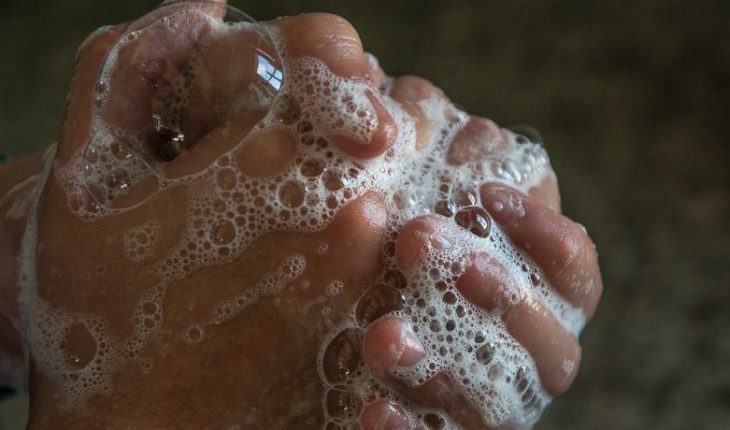That the use of soap eliminates microorganisms that protect the human body from certain diseases is – along with the idea of reducing pollution and water use – one of the arguments that adherents often give to the “Anti-soap Movement” so as not to incorporate that product into your daily hygiene routine. The idea was born in the United States, where a group – who called not to shower to combat the world’s lack of water – insisted on washing the part of the body that was soiled only with water.Just a mythThe point is that the belief that soap eliminates vital microorganisms would be nothing more than a myth. This, according to the phD in Mycology and director of the School of Medical Technology of the Universidad Mayor, Victor Silva, who explained to hoyxhoy that “soap does not kill the bacteria that come with us”. Delving into the subject, the professional explained that “we have a microbiota – a set of microorganisms – that can be classified into two types: permanent and transient. The permanent is the one that lives with us for many years, that we begin to acquire it at the moment we are born and the transient is the one that we acquire when we come into contact with different items”. He stated that bathing and hand washing do is help reduce the bacteria or microorganisms that are part of the transient microbiota, a process that is more efficient if washing is done with soap. But under no circumstances does soap eliminate the permanent microbiota, which is the one that plays the role of protecting us from some external threats, among other functions beneficial to the body. What’s more, the moment a person finishes showering, their microbiota begins to proliferate again.Soaps or stones?Silva recommended, whenever possible, to use soap. Preferably PH-neutral products that are as environmentally friendly as possible.” The important thing is that soap generates foam and helps the epithelial cells to lift up to just eradicate the microorganisms one accidentally contracted in daily life,” the specialist said. As for whether it is possible to replace soap with more natural elements, he argued that there are people who opt for the use of stones, usually of volcanic origin. “These help to mechanically sweep the microorganisms that live with us, especially transient stoms. Now, what is the difficulty of using stones? It is that we have to be careful that they do not injure the skin, do not produce microfissures.” Another option is to make the soaps themselves with natural products. Currently several courses and workshops are taught in Santiago to learn how to make both this type of products as shampoo and toothpaste that are friendly to the environment. Beyond the use of soap, the body odors that originate in the folds – in areas such as underarms or feet – are due to the accumulation of bacteria in those areas. That’s why, Silva concluded, it’s important to have frequent hygiene behavior.
translated from Spanish: They deny one of the great arguments of the “Anti-soap Movement”
August 28, 2019 |





